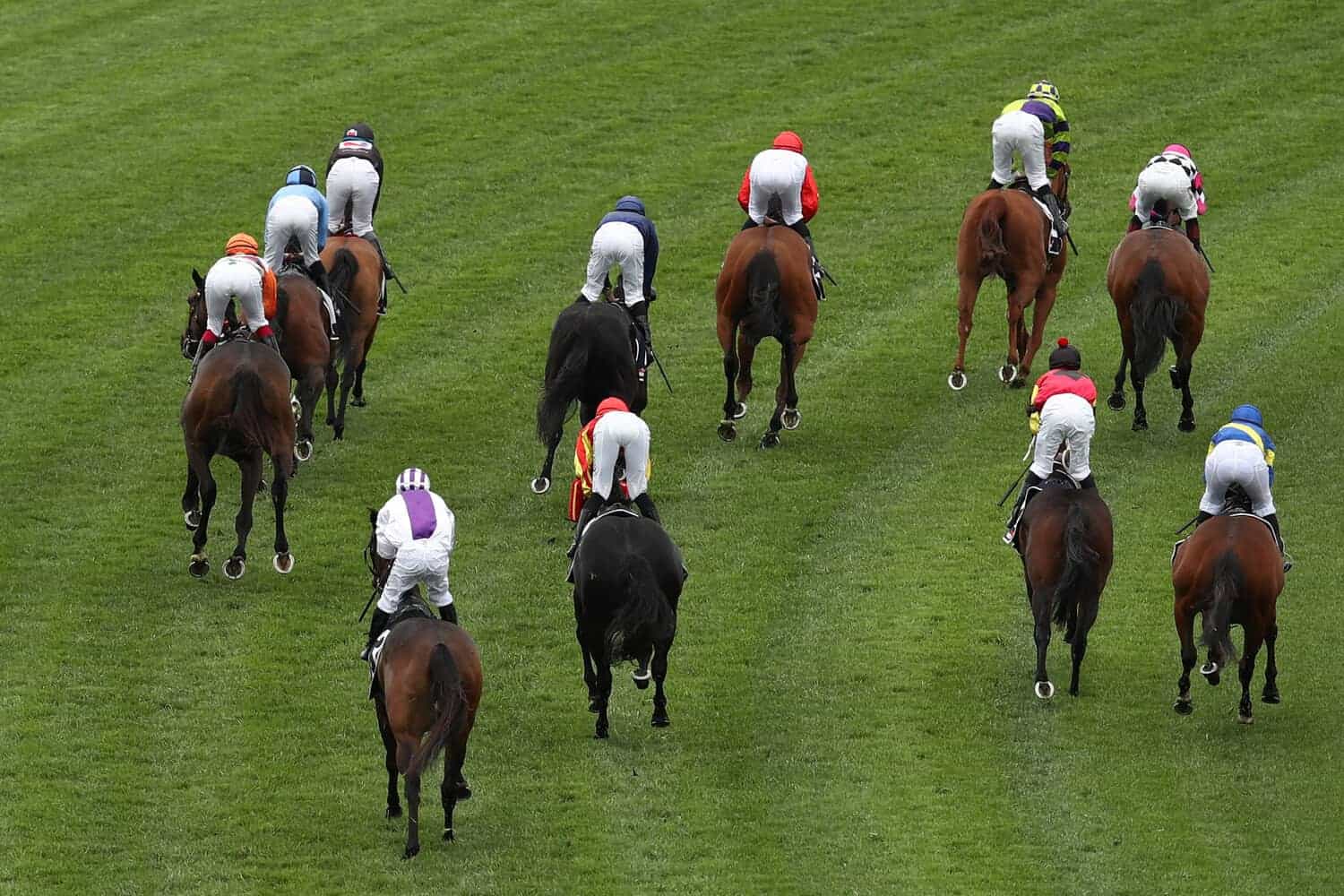Japan’s smash-hit video game Umamusume is bringing in new fans.

Could a video game be the saviour of horse racing? If Umamusume: Pretty Derby’s success in Japan is anything to go by, it could give an unexpected boost to an industry that seems always on the backfoot in the 21st century.
Umamusume’s phenomenal popularity is credited with boosting racecourse attendance by young people in Japan, of inspiring thoroughbred ownership among that country’s wealthy and of raising public interest in the welfare of retired racehorses.
It is described by The Japan Times as “the hottest video game in the world”.
An English version of Umamusume, released in June, shows signs of replicating the Asian success, having drawn 87,000 concurrent gamers two weeks after launch (a lot, apparently).
A guest appearance at this year’s Kentucky Derby aroused curiosity, if not avid interest – but that was before the masses got a look.
What is it? Outside of teen and gaming media, little has been written. A well-watched YouTube video explainer does a fair job and comments beneath read, “When I was in Japan last year, it was crazy how old ladies, salarymen, and even little kids, were playing the game on trains or in restaurants. It was legit a cultural phenomenon over there”, and, “I saw the dumb horse game everywhere and I was so fed up. Then this video showed up… Now I’m hooked into the stories of these horses. Season 2 of the anime made me cry so much. This video made me a fan of horses. Thank you!”
‘Horse girls’ and ‘trainers’
Stars of the show are cartoon “horse girls”, named after famous real-life thoroughbreds and reflecting their namesakes’ personalities, racing records and backstory – and frequently breaking into Idols-type singing and dancing celebrations.
Anime and ganga series, live concerts and a stage play are spinoffs.
The girls have horses’ ears and tails but are otherwise humanlike, fashionably dressed and running on graphic depictions of Japan’s real racetracks. Partings in the girls’ hair indicate if the real horse was male or female.
Players are called “trainers” and they nurture a horse girl’s abilities to try to win races. Players use the game’s gacha (in-game currency) system to acquire trainee horse girls and “support cards”, which offer various skills and abilities.
Popular Umamusume names include Special Week, rated by many as Japan’s greatest galloper; Gold Ship, a famously temperamental grey champion, and Haru Urara, the “shining star of losers” who raced 113 times without winning.
The real-life Haru Urara died last week at age 29, unleashing a wave emotion across Japan. Earlier, when the mare’s life in retirement featured in articles, donations of expensive ryegrass flooded in from across Asia – enough to feed plenty of horses for a year.
‘Scouting’
Umamusume: Pretty Derby was launched in 2021 by Cygames, whose boss Susumu Fujita has become one of the biggest spenders at thoroughbred sales with the colossal profits he has garnered from the game’s runaway success. He has emulators.
The Japan Times says viral popularity alone doesn’t explain the game’s “sticking power” in a sector notorious for transience.
“Instead, the game’s heady mix of gambling elements might,” says the site. “A key gameplay mechanic in Umamusume is ‘scouting’, by which players can spend in-game currency earned during normal gameplay on the chance to obtain new playable characters or boosts to existing ones.”
At first glance, it all sounds daft. But anything that unveils the joys of racing in an engaging manner and helps build new audiences – as Umamusume seems to do so well – is surely welcome.







